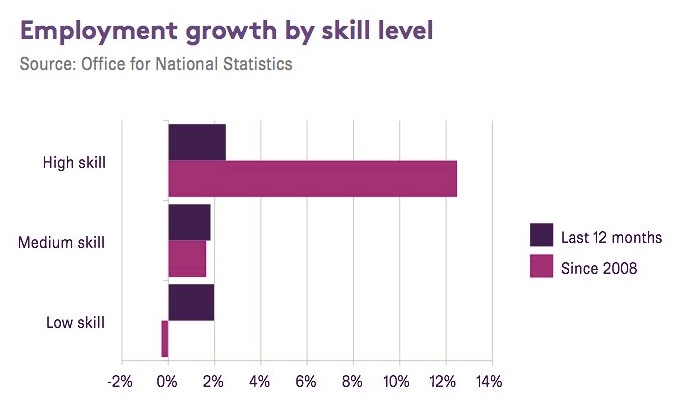 Like very much this announcement in the Media, Communications and Cultural Studies Association (MeCCSA) list server:
Like very much this announcement in the Media, Communications and Cultural Studies Association (MeCCSA) list server:
Dr Ergin Bulut is an assistant professor at Koc University in Turkey. He will start his IAS fellowship on 1 June 2017. It will focus on the analysis of labour conditions in the video game industry. Dr Bulut comments on the importance of studying the digital game industry: “There is much hype regarding the potentials of creative economy and creative production. Young people tend to regard video game development as a dream job. Our society also preaches that young people should do what they love and be ready to work for free if they really want to have a job in the video game industry or other creative industries. An inquiry of the game industry enables us to understand both the pleasures and pains of game development and interrogate the politics of this ‘dream job’ discourse”.
It seems every event about start up businesses I go to focuses on computers and Information Technology as the golden answer for young people and work opportunities in the future. I don’t have the figures to hand but I read in an EU report that the average (mean, I think) wage for those developing mobile apps in the UK is something like £12,000 a year and it is little more in most EU countries.
There seems a fairly wide disjunction between young people’s perceptions and the reality of opportunities and employment in different jobs.About five years ago I ran a focus group in a careers centre in Kent in England. I asked the young people in the panel how they found out about possible careers. They looked at me as if I was stupid – its obvious sir, they said. We look it up on Google. Research suggests most people rarely go beyond the first page of listings on any Google search. And then, as now, queries about how much pay you can hope to make frequently push sites to the top which are merely trying to gather data and give wildly improbable results based on very little data. It was this experience which led us to become involved in the UKCES LMI for All project which seeks to provide access to a range of quality labour Market Information and can be used to develop a variety of different applications. But good though LMI for All is research like that outlined above in a range of different occupations would be invaluable in helping to understand why young (and not so young) people choose their careers. (And I love the title!).


